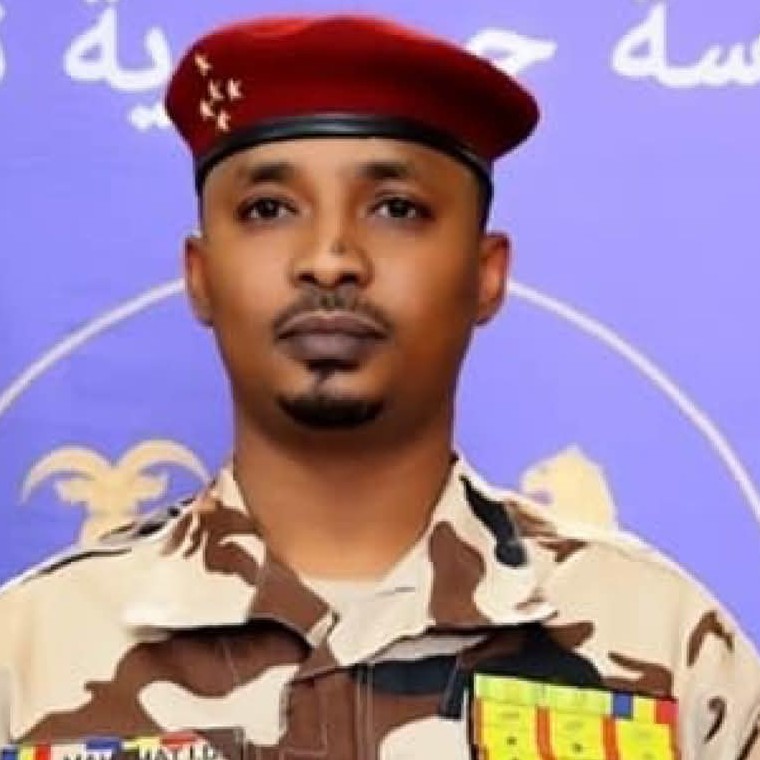The Chad National Transitional Council (CNT) has elevated General Mahamat Idriss Déby to the prestigious rank of Marshal, equating him with his late father, Idriss Déby Itno, who previously held the title as president of Chad.
The decision, made on December 10, 2024, passed overwhelmingly with 160 votes in favour, two against, and six abstentions in the ruling Patriotic Salvation Movement (MPS)-dominated council.
Chad’s rank of Marshal is reserved for military leaders who have demonstrated exceptional success in safeguarding the nation against insurgencies.
The late Idriss Déby Itno, who ruled Chad for 30 years, earned this rank in 2020 after leading a decisive military campaign against Boko Haram. Known for his strategic acumen and combat prowess, Idriss Déby was killed in 2021 during a battle with rebels, leaving behind a complex legacy as a military strongman and head of state.
Following his father’s death, Mahamat Idriss Déby, a seasoned soldier in his own right, assumed power as leader of a junta. His leadership marked the beginning of a transitional period, during which he consolidated authority through constitutional amendments and a controversial election process.
Critics of Mahamat’s rise to power have questioned the legitimacy of his presidency, while supporters argue that his military and political expertise has been essential in maintaining Chad’s stability.
The promotion to Marshal underscores Chad’s emphasis on honoring military achievements. It also signifies a symbolic continuation of the Déby family’s legacy, intertwining military leadership with political dominance in the country.
Observers note that this development solidifies Mahamat’s stature both within Chad and on the international stage, where he has been seen as a key figure in regional security, especially in the fight against insurgencies in the Sahel.
However, the decision has also sparked debate about the concentration of power within Chad’s ruling elite and the enduring influence of the Déby dynasty.
As Chad grapples with internal challenges and regional instability, Mahamat Déby’s elevation to Marshal reflects both the country’s reliance on strong military leadership and its ongoing struggles with governance and democratic transition.


